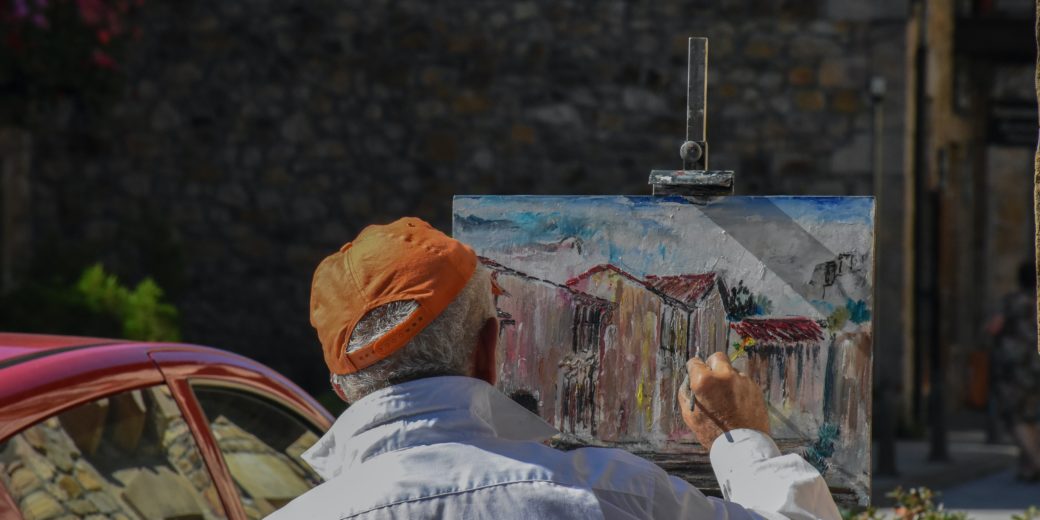Avoiding “Retirement Brain” By Adopting Some New, Inexpensive Hobbies

Many retirees fear "retirement brain": premature cognitive decline. While research is a little thin on the relevance of the worry, it is not surprising that people suffer from boredom, loneliness, and potential depression following retirement. A career makes up a significant portion of identity, and when it is no longer an aspect of your individuality, it can lead to questions like, "who am I?"
First, know that you are much more than your career or profession. Second, avoiding the dreaded "retirement brain" is all about finding new and productive ways to fill your time. Think about it, your job used to take up between eight and 10 hours of your day, if not more. Without the need to go into the office, what is there to do?
Hobbies are the natural progression. Find the things you love the most and devote your whole self to those interests and tasks. If you are unsure where to start, take a few cues from the old standbys to get your hobby juices flowing.
[insert page='Offer' display='content']
Reading
There is no better way to improve your sense of adventure and gain new insights than reading. Whether you prefer fiction or nonfiction, you can take up this hobby with little worry of expense. While a new hardcover can set you back about $20 or more, you can always sign up for a library card, which is free. Sure, you won't access many current bestsellers, but you have to catch up on all the old ones anyway, right?
If going to the library isn't your thing, you can get yourself an e-reader, like the Amazon Kindle. E-books tend to be less expensive than traditional books, and you can often get deals on accompanying audiobooks by combining the purchases.

Gardening
Gardening can be expensive, but it doesn't have to be. If you are interested in growing your own herbs, vegetables, or flowers, you can start with a small pot, seeds, and soil. You do not have to come out of the gate competing with Longwood Gardens.
Gardening is about learning to care for something else. It is about putting your whole self into the activity of nurturing and maintaining another living thing. Also, gardening is about learning a new skill and understanding the intricacies of each new species you decide to grow. It can be an enriching experience — a potentially frustrating one as well, but often worth the effort.

Creativity
Many people feel creatively stifled in their careers; retirement is an excellent time to reconnect with your creative side. Simply because you're older does not mean you cannot learn a new skill or rekindle an old interest.
For many retirees, learning to paint, draw, or write is a rewarding journey. Now more than any other time in your life, you can give your entire self over to a passion, seeing what comes of the experience. Art and creativity, more than anything else, provide the opportunity to find a new purpose in life and share that purpose with others.
Retirement can feel overwhelming, especially if you are used to a career that demands so much of your time and energy. However, instead of looking at retirement as something to dread, view it as the opportunity it is. You now have all the time in the world to go after any lingering dreams, wants, or desires. Don't let "retirement brain" get you stuck or down; go after the rest of your life with zeal and excitement.
What hobbies do you plan on taking up during retirement? Leave a comment.

